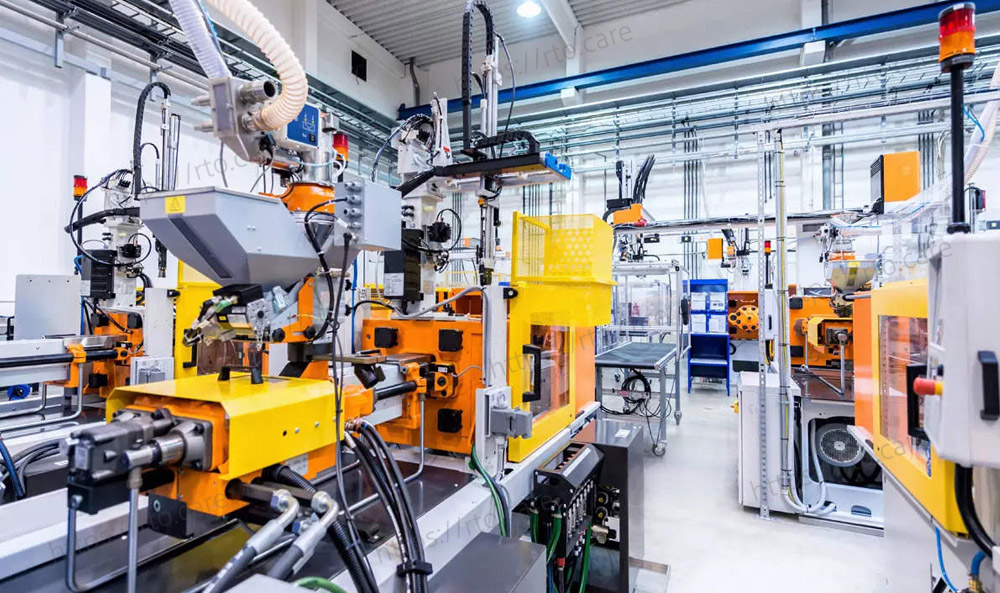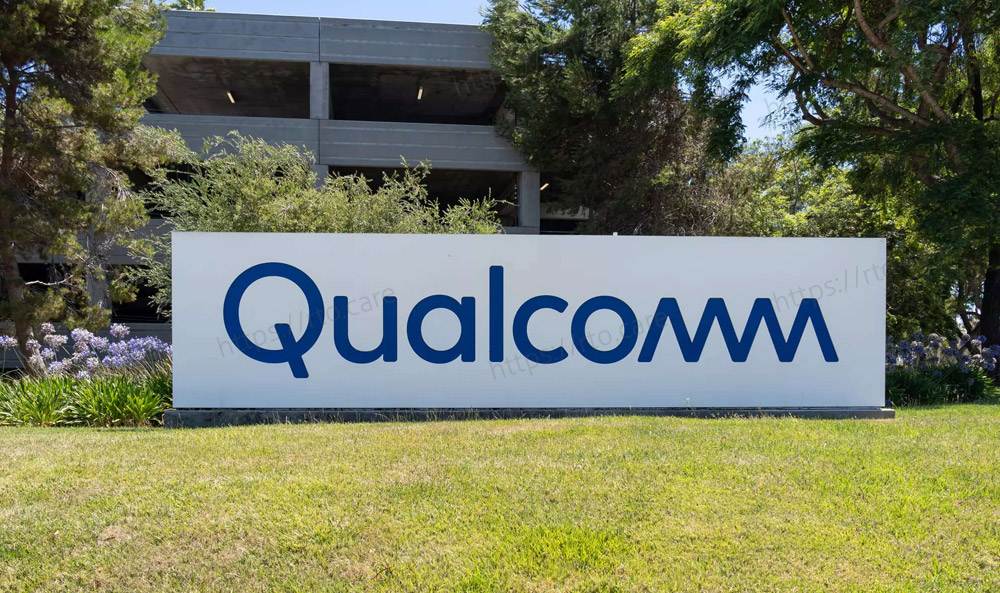International businesses are starting to see India as a potential alternative to typical low-cost locations. Investors have a lot of chances because of that.
In the wake of the Covid epidemic, India's manufacturing capability is gradually receiving attention as multinational corporations broaden their supply chains to lessen reliance on China and other low-cost Asian manufacturing centres. The so-called "China+1" approach is positive for Indian businesses in industries including chemicals, electronic components, and automotive components. Investors would be wise to keep an eye on businesses in these industries that will prosper in the long run.
With the aid of process skills, lean cost structures, high-quality manufacturing assets, and a track record of protecting intellectual property (IP) rights in process innovations, India is starting to emerge as a competitive option in the $1 trillion global specialty chemicals market. Export and import substitution may be advantageous for businesses like Aarti Industries, Clean Science and Technology, Deepak Nitrite, Vinati Organics, SRF, and Aether Industries.
According to Aman Desai, executive director of Aether Industries, "Indian chemical businesses are able to develop goods where the landing price for consumers is cheaper than China owing to process-driven R&D with superior IP. That is encouraging many multinational corporations to boost their investment in Indian businesses." After receiving delivery of 4MEP, our clients raised their allocation to India, which increased demand for a number of our items.
Aether Industries holds a market share of about 28% in 4MEP, a crucial intermediate in synthesizing metoprolol, angina, and hypertension drug. Earlier, 4MEP mainly was produced by Chinese and Japanese businesses.
Similar to this, Aarti Industries and Atul have become well-known for producing monochloroacetate and benzene derivatives, respectively, thanks to differential process engineering. Under the China+1 framework, certain opportunities emerged that weren't there before because of Chinese manufacturers' aggressive pricing.
With a $1 billion worldwide market, another specialty chemicals business, Clean Science, is growing its footprint in Hindered Amine Light Stabilisers (HALS) by catalytic reaction. Chinese rivals in the agrochemicals market have lost market share to Indian firms such as Heranba and Bharat Rasayan in pyrethroids.
The government has put into place the Production-Linked Incentive (PLI) plan worth Rs 41,000 crores to recruit international contract manufacturers in order to benefit from the changing landscape of global manufacturing. Due to its low costs and technological superiority, China holds a 45.5% share of the worldwide Electronics System and Design Manufacturing (ESDM) market. Global electronics corporations are seeking alternate production locations in the post-pandemic period, nevertheless. India's existing 1.8% share of the global ESDM market will probably rise as a result of this.
India has a significant edge over China and other Southeast Asian nations due to its low labor costs and overhead. India's salaries are 46% less expensive than China's, according to a study done by Invest India and the Electronic Industries Association of India (ELCINA). For businesses like Kaynes Technologies, Sryma SGS, Avalon, and Amber Enterprises, this is encouraging. In the last two years, the revenue of Indian ESDM enterprises has increased by 30% to 40% yearly.
With a Rs 250 crore capital investment, Kaynes plans to quadruple its capacity over the next two years. Sryma SGS has a three-year, Rs 571 crore capital expenditure plan. According to Ramesh Kannan, managing director of Kaynes, "We estimate roughly 50% of the incremental revenue, in the long run, to be generated by the China+1 approach." The business provides printed circuit boards and glucose meters for automobiles.
Additionally, multinational manufacturers are pursuing vendor diversification. Global automakers are increasing allocation to Indian suppliers to reduce volume risks after losing roughly 8 million units of production equivalent to two years' worth of India's annual sales due to Covid-related supply problems.
A significant client has indicated an intention to move manufacturing from China to India. "We have witnessed about Rs 100 crores to Rs 150 crores in additional revenue as a result of enhanced allocation to India." , according to Vishal Rangwala, Chief Executive Officer (CEO) of bearing cage manufacturer Harsha Engineering.








